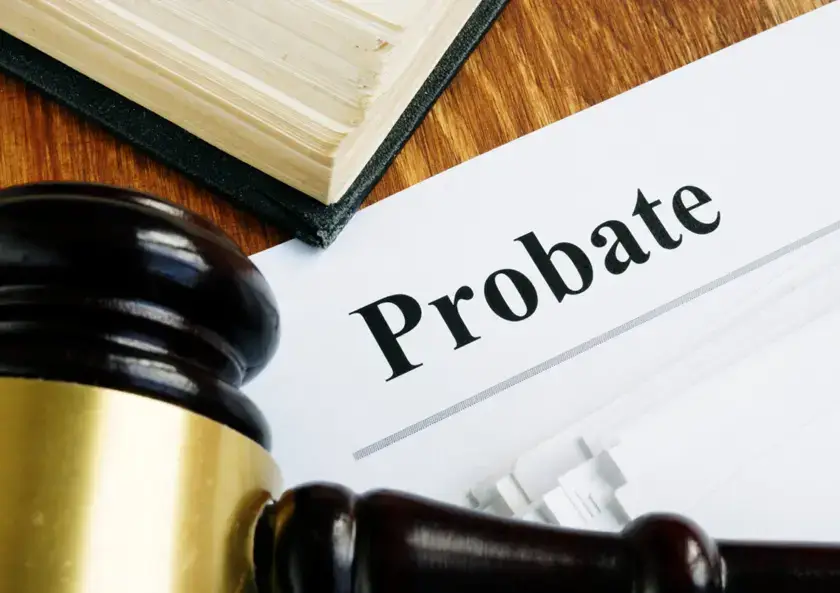The family farm in the Jerseyville, IL area is more than just a piece of land; it’s a legacy, a source of livelihood, and a repository of cherished memories. However, as generations evolve and circumstances change, the question of how to fairly divide the family farm can become a complex and emotionally charged issue. In this comprehensive guide, we’ll delve into the various considerations and strategies to navigate this delicate process while preserving family ties and honoring the farm’s heritage.
 Understanding the Emotional Landscape
Understanding the Emotional Landscape
Before embarking on the practical aspects of dividing the family farm, it’s crucial to acknowledge the emotional connections that each family member holds. A farm is often intertwined with personal memories and experiences, making it a symbol of shared history. Open communication is key; ensure that all family members have an opportunity to express their thoughts and feelings about the division.
Assessing Financial Realities
A crucial step in splitting the family farm involves assessing its financial aspects. Begin by determining the farm’s current market value, factoring in assets, land, livestock, and equipment. Seek professional assistance, such as appraisers and accountants, to accurately evaluate these elements. This will provide a clear picture of what is available for distribution.
Exploring Division Options
There isn’t a one-size-fits-all approach to dividing a family farm. Different options can be considered based on family dynamics and the farm’s structure:
- Equal Division: If feasible, splitting the farm into equal portions for each heir might be a straightforward solution.
- Designated Operations: Allocate different segments of the farm to family members based on their interests and skills. One may oversee livestock, while another manages crops, for instance.
- Joint Ownership: Keeping the farm intact and allowing all heirs to jointly own and manage it could be a viable choice, but it requires open communication and clear guidelines.
- Buyouts: If some family members are not interested in continuing the farm, buyouts can provide an equitable solution. Those who wish to continue farming can compensate those who want to exit.
Drafting Legal Documents
Once the division strategy is agreed upon, it’s essential to formalize the arrangement legally. Consult with an attorney to draft necessary documents such as deeds, ownership agreements, and wills. These documents will ensure the division is legally binding and that the transition is as smooth as possible.
Considering Tax Implications
The division of a family farm can have significant tax implications. Estate taxes, capital gains taxes, and property taxes are factors that need careful consideration. Engage with tax professionals who specialize in agricultural estates to minimize tax burdens for both the current owners and the next generation.
Preserving Family Harmony
The process of dividing a family farm in the Jerseyville, IL area can strain relationships, but it’s essential to prioritize open communication and understanding. Regular family meetings can help address concerns and make necessary adjustments. Emphasize the common goal of preserving the farm’s legacy and ensure that decisions are made with the family’s best interests at heart.
Seeking Mediation
In some cases, emotions can run high, and disagreements may seem insurmountable. In such situations, enlisting a professional mediator can be invaluable. A mediator can provide an impartial perspective, facilitating productive discussions and helping to find common ground.
 Embracing Change
Embracing Change
While the division of a family farm marks the end of one chapter, it’s also the beginning of new opportunities. Embrace change and the chance for each family member to pursue their aspirations and passions. The family farm’s legacy can live on in various ways, even as it evolves to suit the changing times.
If you have any questions about the family farm division in the Jerseyville, IL area, contact Diaz Law Offices.




 Understanding the Emotional Landscape
Understanding the Emotional Landscape Embracing Change
Embracing Change
